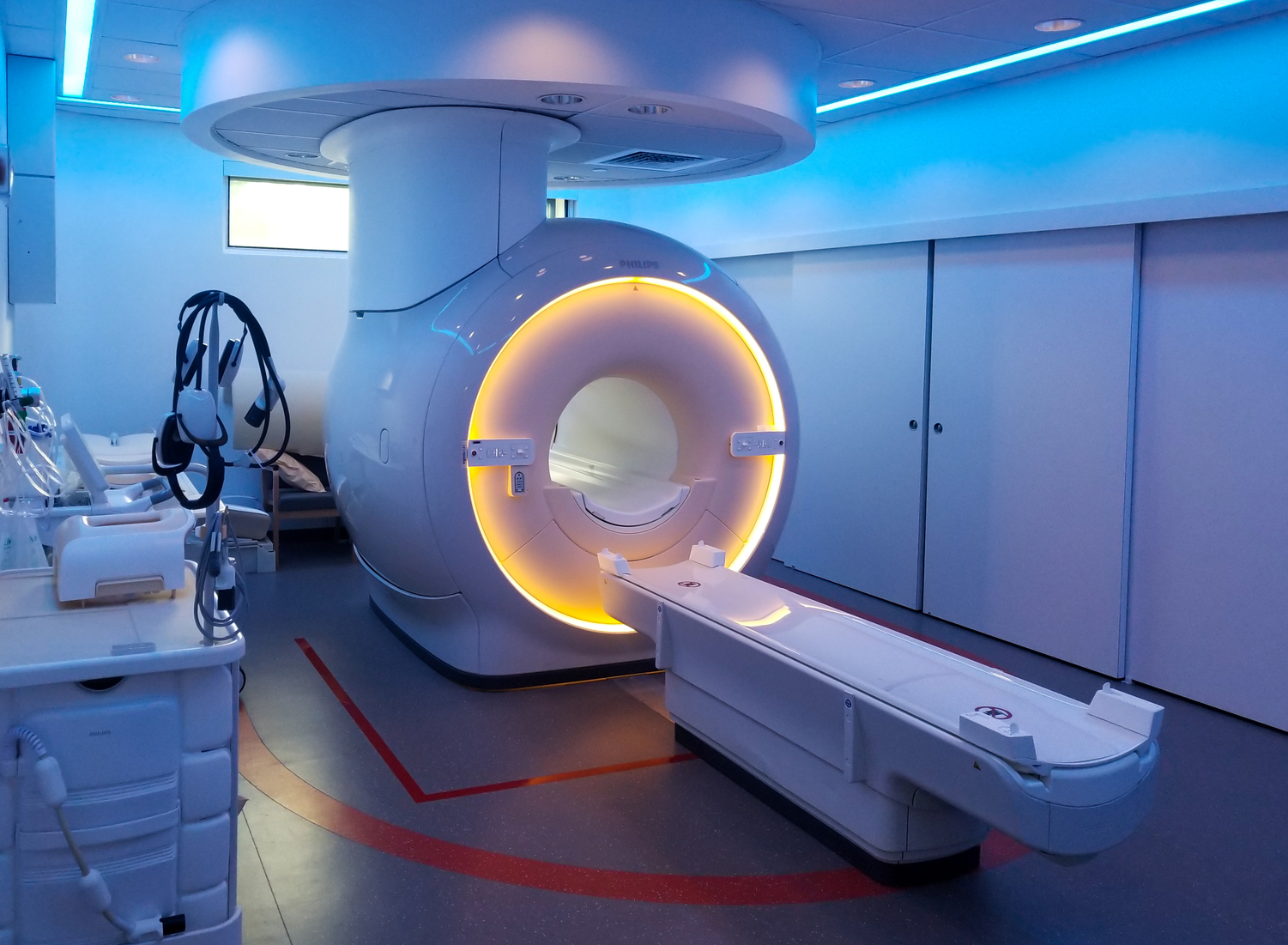In the Federation of Gynecology and Obstetrics (FIGO) system, the cancer stage is defined by 3 main areas of cancer growth:
- The extent of the primary tumor
- The spread of cancer to nearby lymph nodes
- The spread of cancer to distant organs
Stage 1: is where the cancer is only in one or both ovaries but has not spread to any other organs or tissues in the body. It is further divided into 1A, 1B, and 1C (1, 2, 3).
Stage 2: is where the cancer is in one or both ovaries and has spread to other organs or tissues within the pelvis. However, it has not spread outside the pelvis or to any lymph nodes. It is further divided into 2A and 2B.
Stage 3: Cancer is present in one or both the ovaries, which has also spread outside the pelvis to tissues in the abdomen. It can also spread to the peritoneum or lymph nodes in the back part of the abdomen behind the peritoneum. It is further divided into 3A1 (i, ii), 3A2, 3B, and 3C.
Stage 4: Cancer has spread to areas far from pelvis and abdomen like in lungs, brain or skin or even other organs and distant lymph nodes. It is divided into 4A and 4B. The cancer grade is a rating of how much the cancer cells look like normal cells. The cancer grade describes how fast or slow the cancer will likely grow and spread. It is divided into grade 1, 2 and 3 with 1 being least aggressive and 3 most aggressive and likely to spread.


